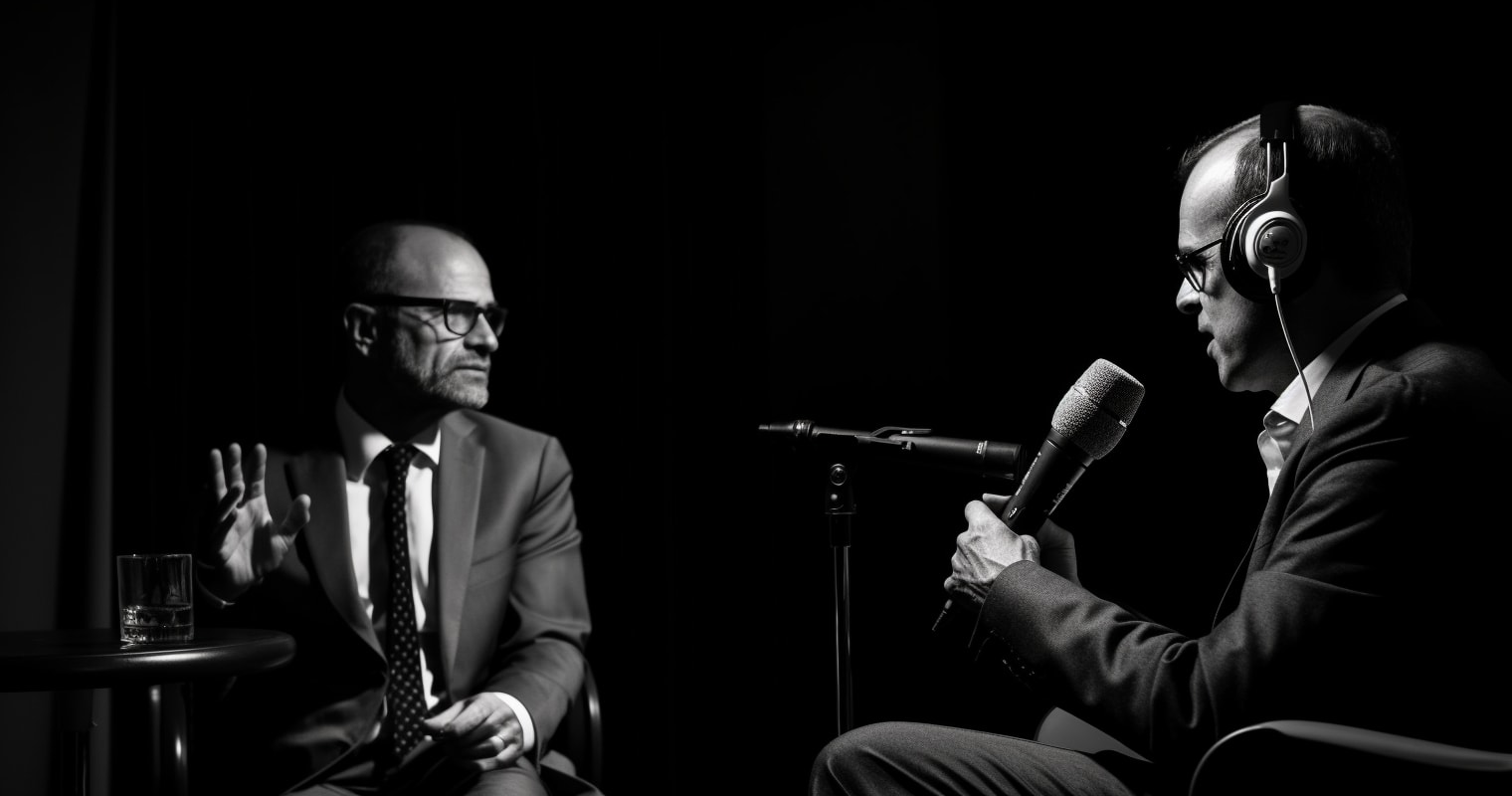Mind Body Quadrant based on Joe Dispenza and Andrew Huberman

(neither of these looks like Andrew Huberman or Joe Dispenza, thanks Midjourney)
Tuesday, August 8th, 2023
I have just started to get into the content of Joe Dispenza and Andrew Huberman.
While listening to Huberman talk about the "behavior-first" approach to cognitive optimization, I realized that he is on the opposite end (if I could be so linear and binary) from Joe Dispenza.
With complex philosophies and research approaches, the binaries are too simplistic; but I found it helpful as I am drawing from both in hacking my own thoughts and body.
Both leverage the concept and research into neuroplasticity. And while Joe's content has a strong spiritual component, with meditation as a core practice, he does document physiological impacts (many are hard to believe around pain relief and even restoring sight).
Huberman's approach appears to optimize the biological function of the brain and nervous system. He starts with behavior first to impact the physical organ (salt, sunlight, movement, sleep). He questions the ability to start altering the mind, especially once the parasympathetic nervous system has kicked in, saying it's just hard when the brain is running on automatic.
When he said that, I had to agree.
Calming down and thinking clearly by thinking one's way through is notably hard, if not impossible; I am researching how to manage situations with angry people, and it becomes clear it's nearly impossible for the angry person to re-regulate, and it's challenging for people interacting with the angry person to also not have a fight-or-flight response, which doesn't typically result in continued calm conversation (fortunately, I am still able to do this, but the book pointed out that my nervous system is going to respond anyway, just in different ways and probably at a different time.)
Taking those practices that don't rely on thinking or willpower work well with his approach.
I get up, even if I'm feeling sleepy, to drink water with pink Himalayan salt and jug it down.
I get moving (if I have to, in a pair of slipper or flip flops) outside, walking, hoping there's some sunlight cutting through the San Francisco clouds.
If I feel rested enough, I keep going all the way down the street till I reach the gym to lift weights (and perhaps I'm soft here even letting that be an option according to David Goggins).
On the other hand, Joe Dispenza's work does take more discipline and work.
I try to pair the walk with thinking about the future, not the past. To get clear on a vision such that my body experiences it.
This is probably a learning edge to get my body and mind in such a place that I can push the thoughts into a new space. Huberman's work doesn't so much impact the thoughts themselves but to bring the brain function into higher productivity and less reactivity.
Perhaps in the age of AI, pressing into the deeper capabilities of the mind is really where the future lies.
Purely technical, repetitive, or service-oriented tasks are going to be done more efficiently by AI and robots.
The deeper things of the mind may be the last frontier to fully explore.
In fact, meditation may be more than just calmness and peace, but it's the inner exploration of thoughts, the decluttering and defragging, and getting into the spiritual level.